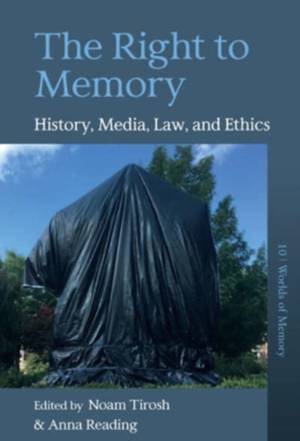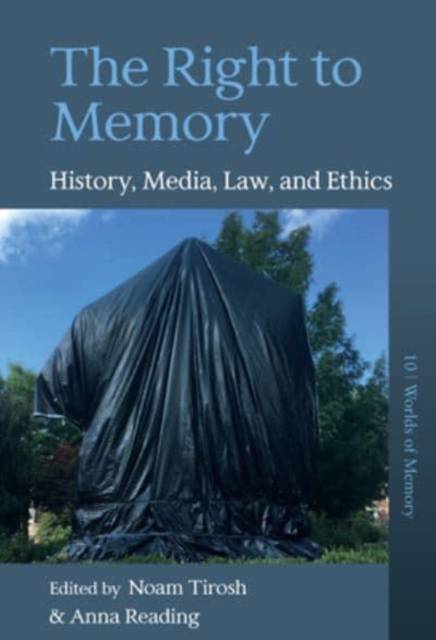
- Retrait gratuit dans votre magasin Club
- 7.000.000 titres dans notre catalogue
- Payer en toute sécurité
- Toujours un magasin près de chez vous
- Retrait gratuit dans votre magasin Club
- 7.000.0000 titres dans notre catalogue
- Payer en toute sécurité
- Toujours un magasin près de chez vous
The Right to Memory
History, Media, Law, and Ethics
Description
The field of memory studies has typically focused on everyday memory and commemoration practices through which we construct meaning and identities. The Right to Memory looks beyond these everyday practices, focusing instead on how memory relates to human rights and socio-legal constructs in order to legitimize and protect groups and individuals. With case studies including Polish Holocaust Law, the Indian origins of Amartya Sen's capability theory approach, and the right to memory through digital technologies in Brazilian and British museums, this collected volume seeks to establish the right to memory as a foundational topic in memory studies.
Spécifications
Parties prenantes
- Editeur:
Contenu
- Nombre de pages :
- 178
- Langue:
- Anglais
- Collection :
- Tome:
- n° 10
Caractéristiques
- EAN:
- 9781800738577
- Date de parution :
- 10-02-23
- Format:
- Livre relié
- Format numérique:
- Genaaid
- Dimensions :
- 152 mm x 231 mm
- Poids :
- 385 g

Les avis
Nous publions uniquement les avis qui respectent les conditions requises. Consultez nos conditions pour les avis.





